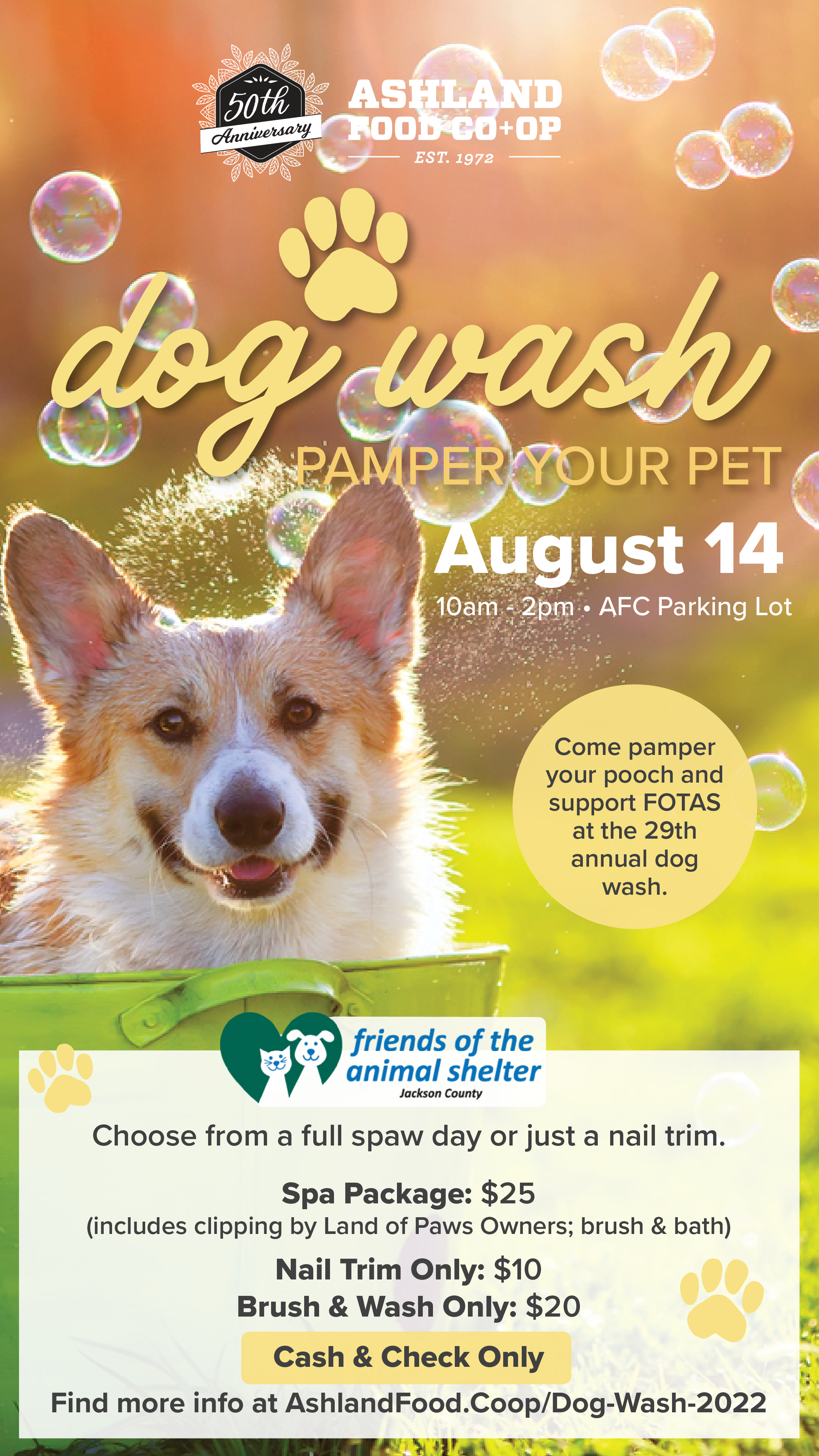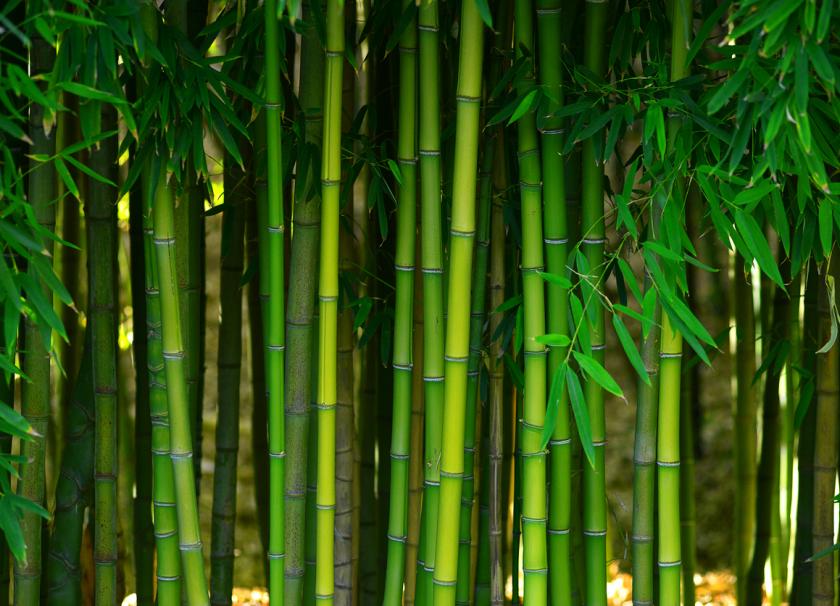
How to stay sustainable with paper products
Have you thought about how sustainable your paper home products are? While the use of single-use plastics has (rightfully) been criticized, some products are made to be single-use - like toilet paper, paper towels, and napkins. With these products, it’s best to examine sustainability by looking at what goes into their production.
While recycled paper is still a worthy alternative to ‘fresh’ paper - reducing or repurposing waste is always a good thing - it’s not guilt-free. Because recycled paper can contain receipts, tickets, food wrappers, and similar materials, BPA plastics show up in many of these products.
Of course, the Co-op works hard to get the most sustainable products on the shelves so you don’t have to spend hours researching. The two most sustainable ‘paper’ materials for hygiene products are bamboo and sugarcane.
Bamboo is grown around the world; kids can usually identify it because of its association with pandas. (Don’t worry - industrial bamboo is a different species that is not taking away a panda’s next meal!) What makes bamboo so sustainable? First, rate of growth: bamboo can grow between a foot and 3.5 feet a day! That’s partly because bamboo is actually a grass, not a tree. Compare that to an oak tree that grows 12” annually. On a large scale, an Agriculture Department study found that bamboo produced 14 tons of fiber an acre, compared to 8 tons for loblolly pine.
Additionally, bamboo is known for producing more oxygen than most trees, and sequestering more carbon - so it can be argued that bamboo products are doing more for the environment than traditional lumber/paper sources.
The Co-op carries Bim Bam Boo bamboo toilet paper, and NatureZway’s bamboo paper towels and toilet paper.
Sugarcane is quickly becoming a sustainable alternative to traditional lumber, as well. Like bamboo, it’s a grass, not a tree, so it grows rapidly and re-grows within 3-4 months after harvest.
While not as visually recognizable as bamboo, most of us are familiar with sugarcane’s typical usage: to create sugar. But after that sugarcane juice is squeezed out, very high quality fiber is left behind - usually destined for the landfill or burning. But instead, this fiber is being repurposed for processing into paper products. How’s that for Zero Waste?
Most of the sugarcane paper products carried by the Co-op are mixes with bamboo, like Ecos toilet paper and paper towels. You can also find Ultra Green napkins, made entirely of sugarcane fiber.
More Co-op News

June 2023 Change for Good Partner: Southern Oregon Land Conservancy
The Ashland Food Co-op is teaming up with the Southern Oregon Land Conservancy (SOLC) as its Change for Good partner for this month. This collaboration aims to support SOLC's mission of conserving Southern Oregon's natural landscapes and habitats.
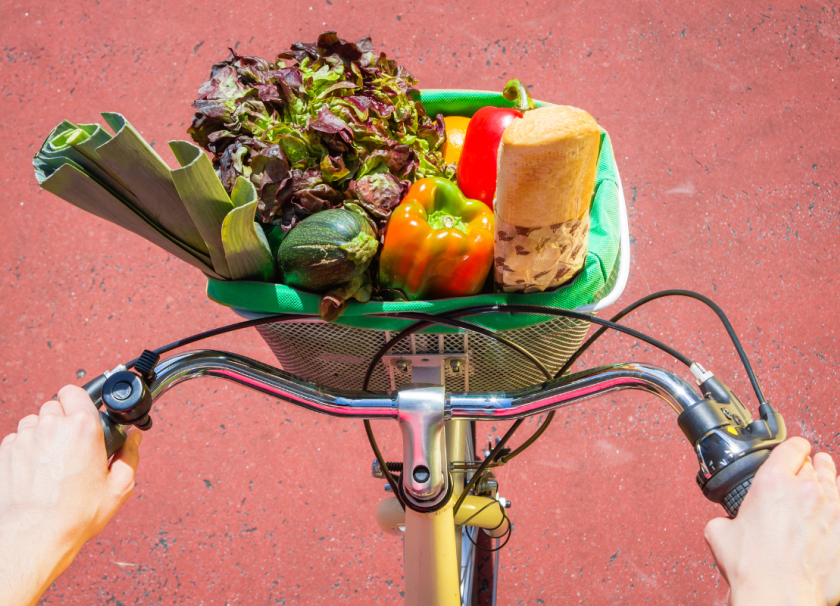
Bicycle Benefits
Here at the Co-op we are on a mission to promote healthy lifestyles and sustainable practices within our community.

May 2023 Change for Good Partner: Talent Maker City
Talent Maker City's mission is to build a more connected, prosperous, and resilient community through hands-on creativity and innovative STEAM-based learning. (STEAM = Science, Technology, Engineering, Art, & Math.) They have a bustling Makerspace facility, brimming with creative energy in downtown Talent offering hands-on STEAM-based workshops and programming for curious minds of all ages!
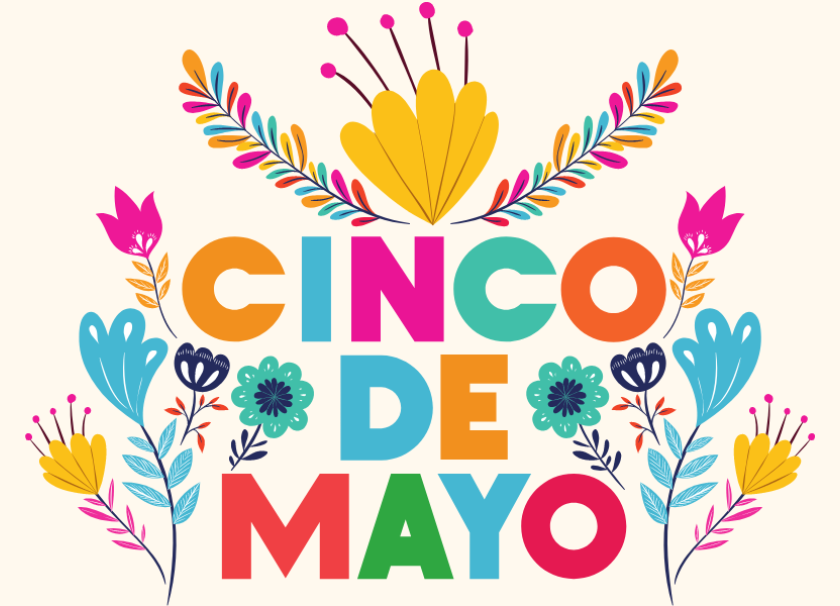
Celebrating Cinco de Mayo
We're always learning and growing here at the Co-op and with the approach of Cinco de Mayo we thought we would share a (very) brief history lesson and some thoughts on celebrating this holiday here in the United States.
April 2023 Change for Good Partner: Pollinator Project Rogue Valley
From Kristina Lefever, Pollinator Project Rogue Valley President

March 2023 Change for Good: Klamath Bird Observatory
From Klamath Bird Observatory, March 2023's Change for Good partner:

Frederick Douglass And Co-ops in 1846
When Douglass Came to Rochdale, England a Slave and Left a Free Man
By David J Thompson

February's Change for Good partner: OHRA

OHRA helps low-income people build better lives through access to social service resources. By helping
people move from crisis to stability, OHRA builds more capable individuals, stronger families, and a
better community. We have three core programs:
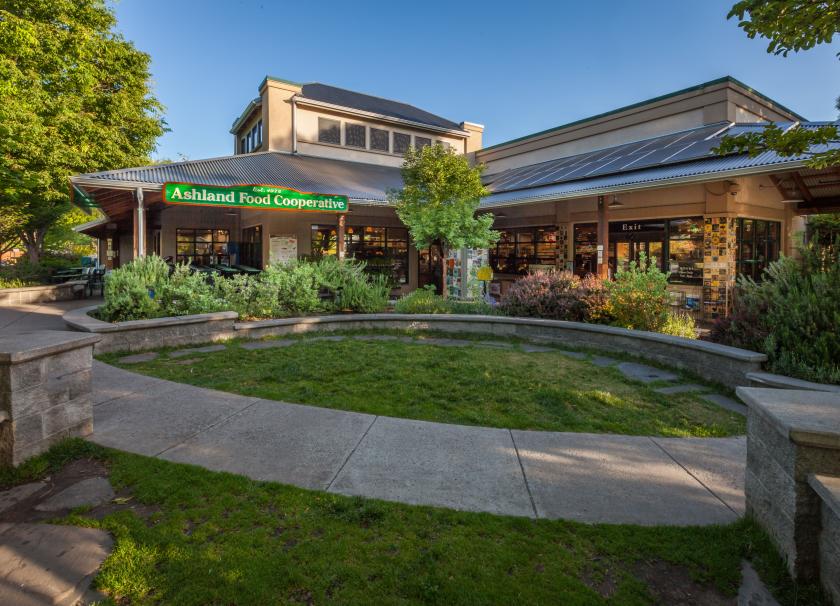
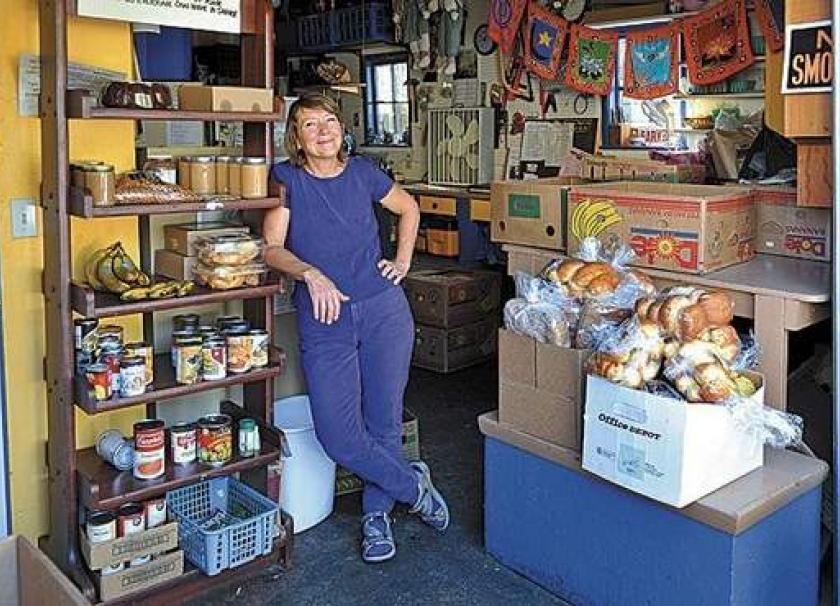
January Change for Good Partner: Ashland Food Angels
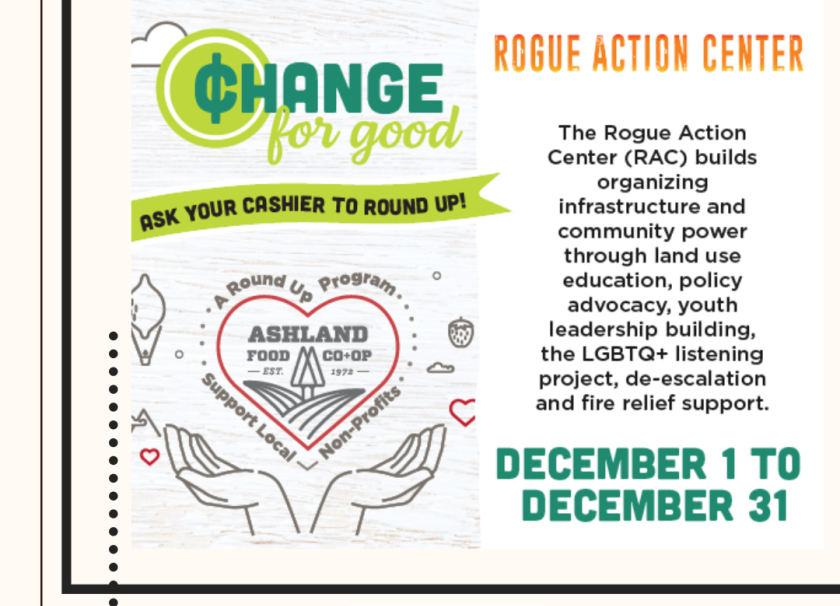
December Change for Good Partner: Rogue Action Center
December's Change for Good Partner is
Rogue Action Center
%20(1).png)
The Rogue Action Center (RAC) builds organizing infrastructure, leaders, and community power for a just, inclusive, and sustainable Southern Oregon for everyone.
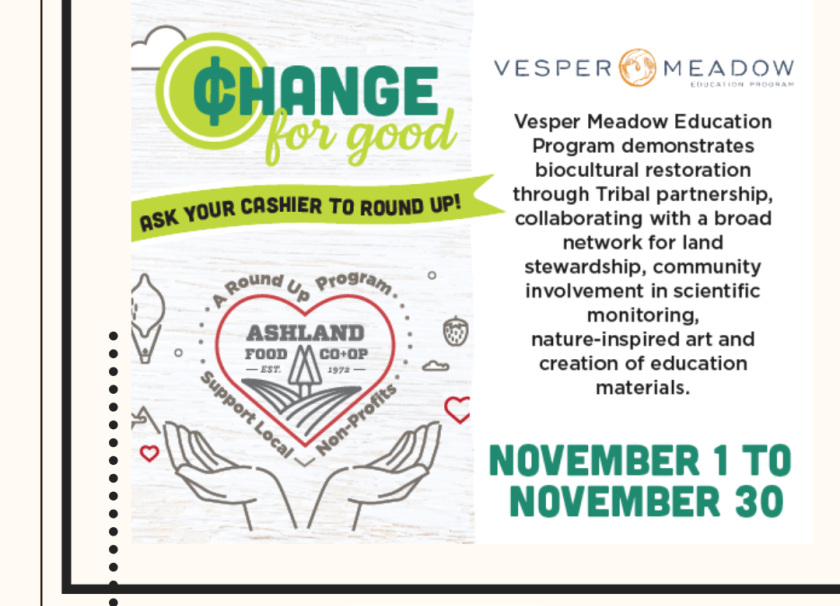
November Change for Good Partner: Vesper Meadow Education Program
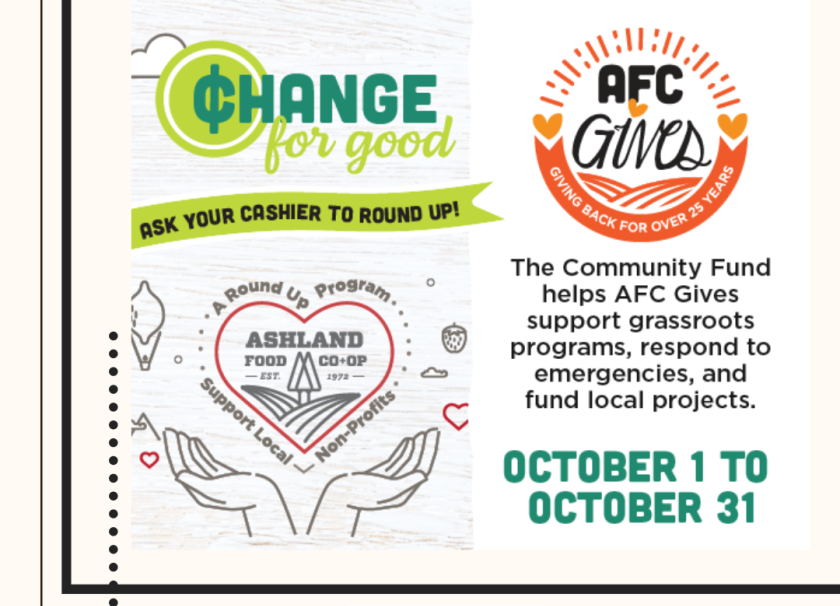
October Change for Good Partner: AFC Gives Community Fund
October's Change for Good Partner is
AFC Gives Community Fund
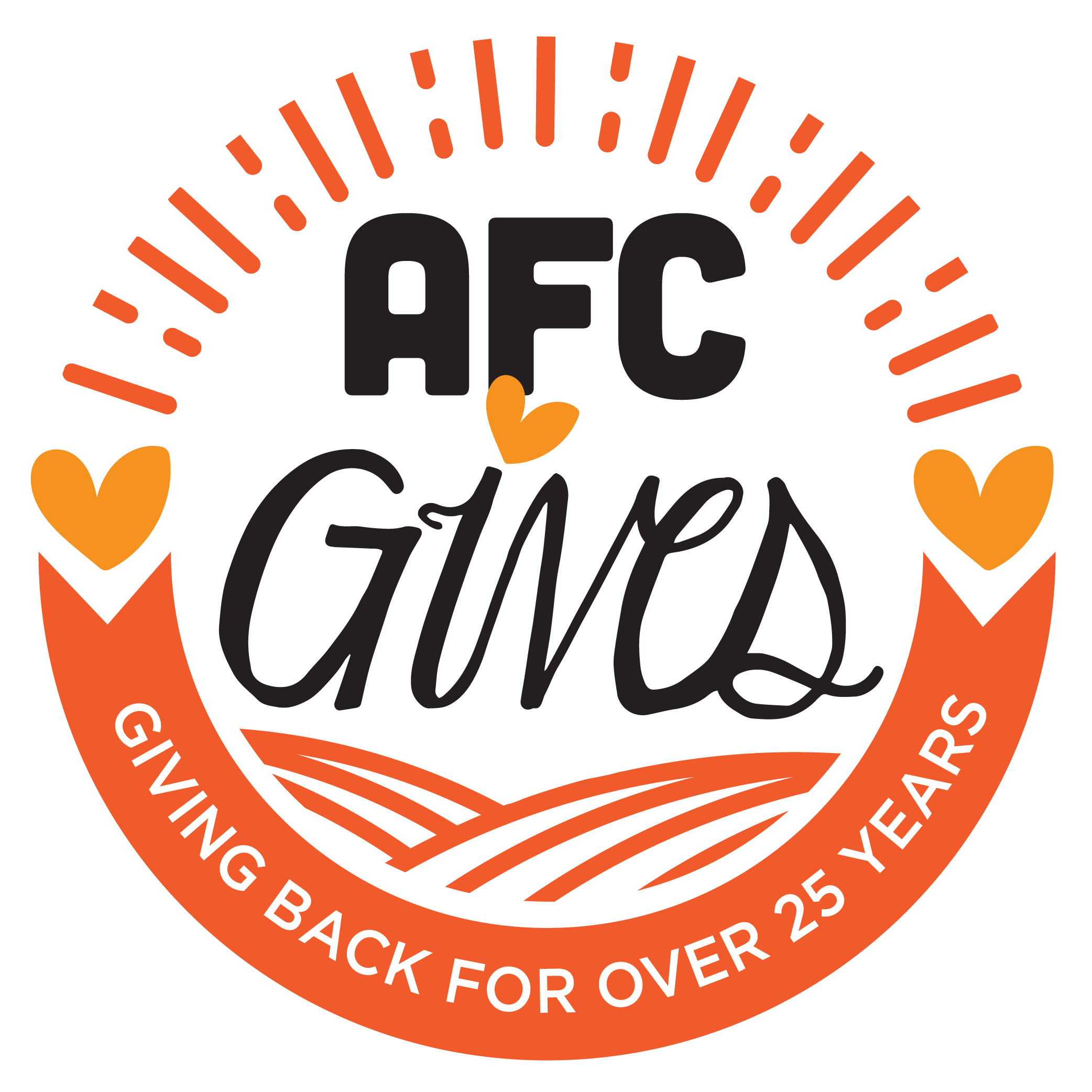
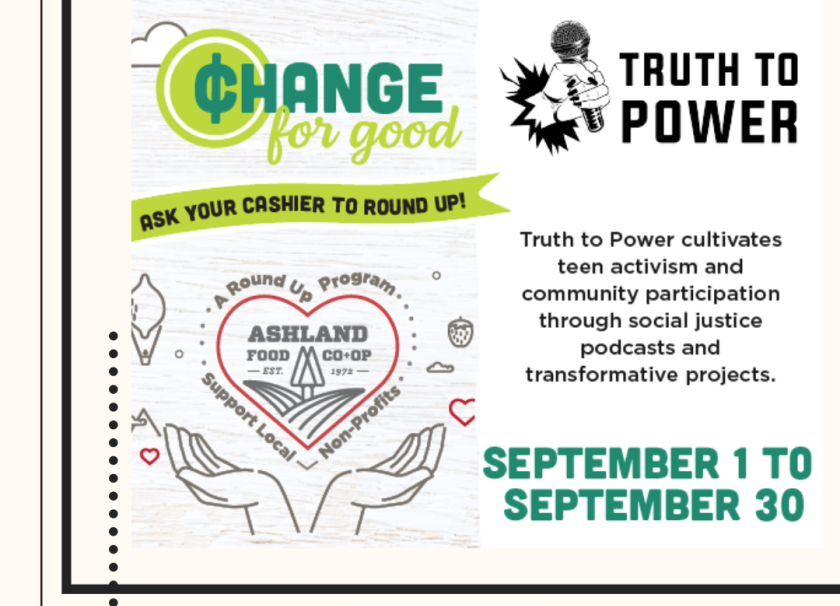
September Change for Good Partner: Truth to Power
September's Change for Good Partner is
Truth to Power
.png)
Truth to Power cultivates teen activism and community participation through social justice podcasts and transformative projects.
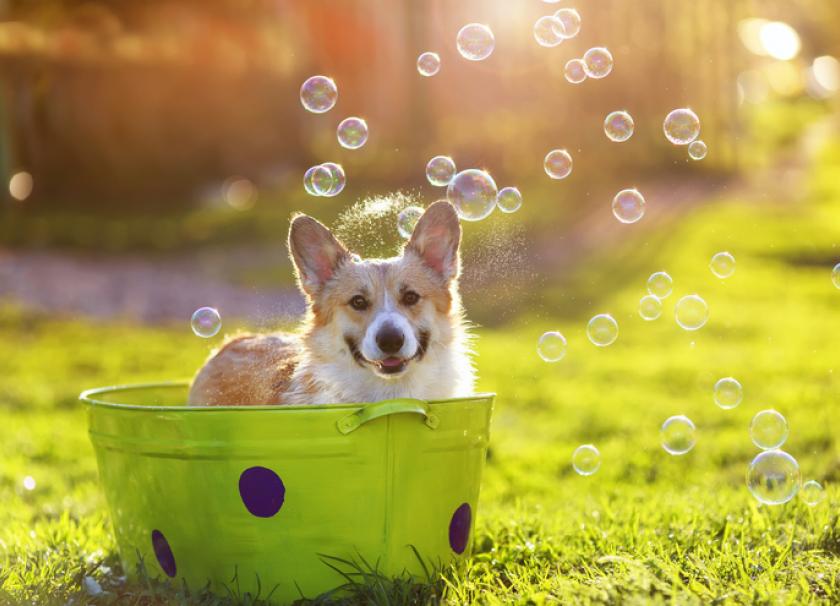


.png)
